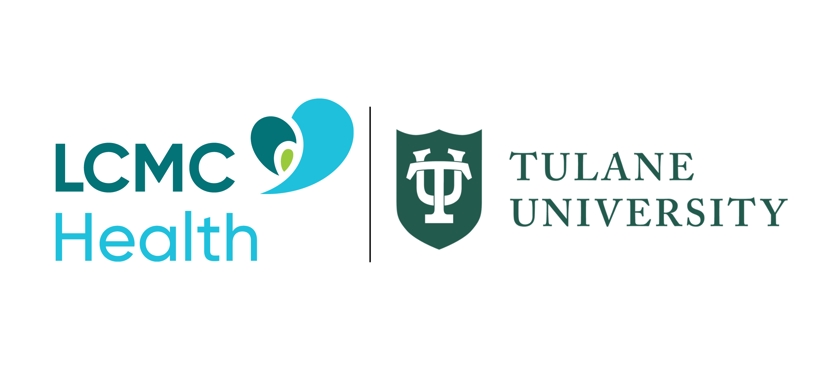Shining a spotlight on multiethnic donor awareness efforts
- Category: Surgery, Diversity Equity and Inclusion, Surgical Care
- Posted on:

At any given time in the United States, more than 100,000 people need an organ transplant. That need is magnified among minorities, which is why August is dedicated to promoting multiethnic donor awareness.
This month is marked as National Minority Donor Awareness Month, sometimes also called National Multiethnic Donor Awareness Month, promoted by national organizations like the National Minority Organ and Tissue Transplant Education Program to bring heightened awareness to donation and transplantation among minorities.
Read on as our LCMC Health team shares how National Minority Donor Awareness Month puts the spotlight on an important cause.
The facts about race and organ transplants
There’s a powerful need for organ transplants in the U.S., and it’s a need that’s only growing. Every 10 minutes, someone else is added to the transplant waiting list.
And the need is magnified within our minority communities. Looking at the number mentioned above—more than 100,000 Americans are waiting for an organ transplant of some sort—approximately 60% are from multicultural communities made up of minorities. Of that 60%:
- 29% are Black or African American
- 20% are Hispanic or Latino
- 9% are Asian or Pacific Islander
- 1% are American Indian or Alaskan Native
- Approximately 2% are of multiracial descent
When you’re looking at those numbers, you may wonder why the need is disproportionately high among minorities. There are a few reasons for that, but one key reason is related to the nature of finding a match between organ recipient and donor.
While it’s possible for someone of one race to be matched with an organ from a donor of another race, donor compatibility is much more likely when the donor and the recipient come from the same ethnic group. That’s because of something known as HLA, or human leukocyte antigen.
HLA is a protein that’s found in most cells in the body. It’s inherited from parents and helps to regulate the immune system. HLA matching can play a key role in whether an organ is compatible for a recipient, particularly with kidney transplants.
Because HLA in African Americans, for example, doesn’t match well with many Caucasian donors and there is a larger number of Caucasian donors, it can take longer for African Americans to find a suitable match. This results in more minorities on the transplant waiting list and longer waits for minorities on the list.
Why it’s important to raise awareness
When you shine a light on those numbers, it’s easy to see why awareness about multiethnic organ donation is needed. Minority Donor Awareness Month stems from a desire to spread the word about the need for minorities to donate organs and the need for minorities to take steps to protect their health.
Part of the awareness efforts focuses on healthy living and disease prevention to decrease the need for organ transplants. Making a community effort to promote healthy living basics, such as regular exercise and a balanced diet, can encourage people to take steps to improve their overall health. In the long run, this lowers the risk of preventable disease by maintaining organ health and function.
The other purpose of the awareness month is to encourage organ donation among those in multiethnic communities. In many communities, organ donation is simply not discussed. The awareness month seeks to save and improve the quality of these minority communities by creating a more positive mindset and culture around organ, tissue and eye donation.
If you’re interested in learning more about becoming an organ donor, you can find a good deal of information at organdonor.gov, including details about becoming a living donor or signing up to donate your organs after you’ve passed away.
Even just taking the time to learn more can make a key difference in closing the gap in organ donation.
Are you keeping an eye on your health and wellness? If it’s been a while since your last checkup, schedule a primary care appointment with LCMC Health today!

